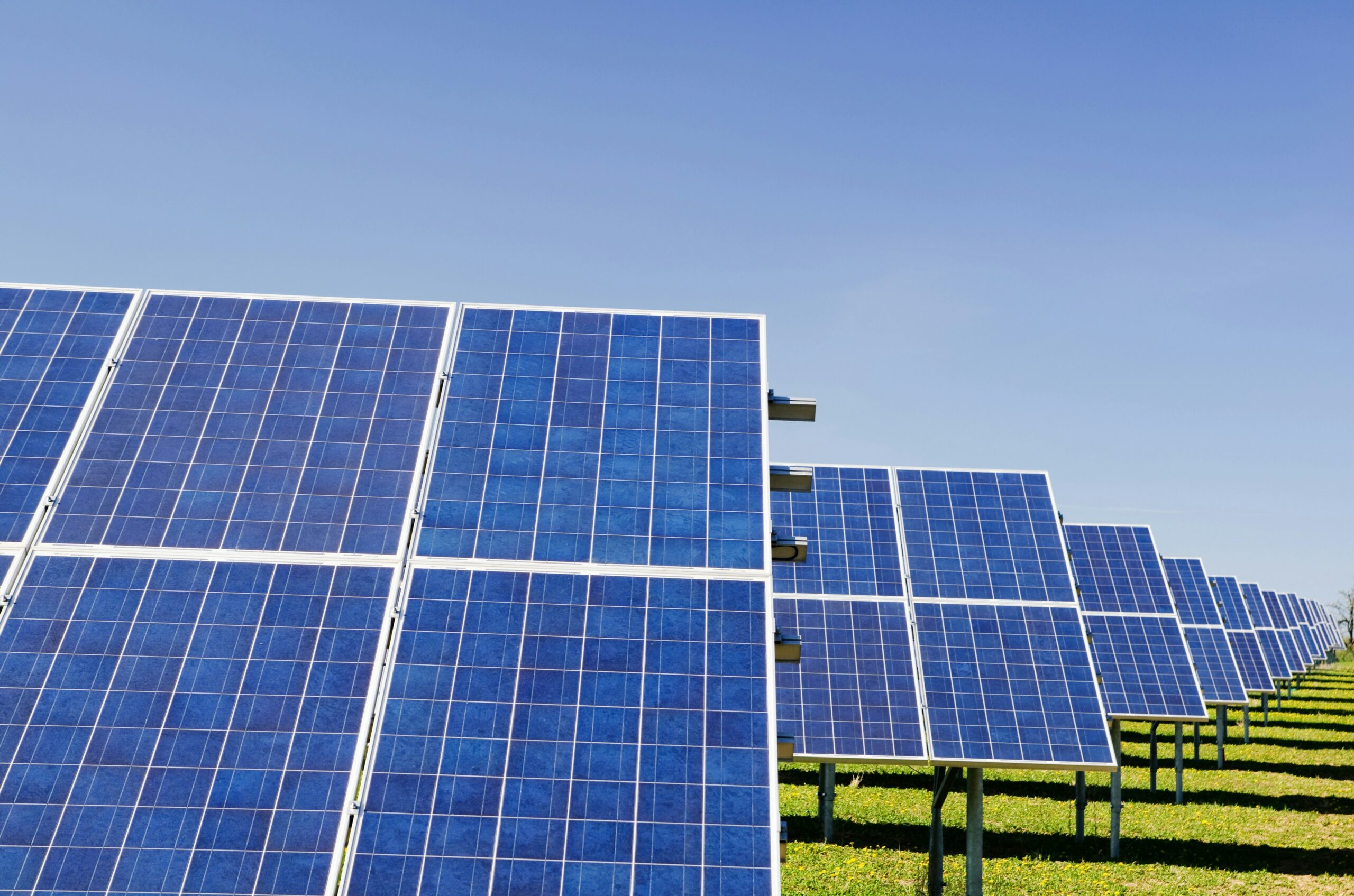Author: Tomas Wang
Date: Aug 18, 2024

Area of Impact:
Atlantic Canada
Article Information and Location:
Canada, Germany commit $600M for hydrogen export in Atlantic Canada
David Thurton, CBC News, Jul 31, 2024
INTRODUCTION
Humankind has begun exploiting energy since time immemorial; from the discovery of fire to the internal combustion engine to nuclear power plants, we have slowly become masters of the forces that power our world. However, our progression in energy manipulation was not free of charge. Starting in the recent centuries, the climate and environment have seen great damage due to our exploitation. Global warming, animal extinction, and rising sea levels are all results of our excessive and unregulated energy use. In response, countries worldwide have worked relentlessly in attempts to move on to cleaner means of energy generation and manipulation. Amongst them, one method stands out to be especially relevant to Canada: Green Hydrogen. Green hydrogen describes a form of hydrogen that involves chemically processing the hydrogen gas using nothing but renewable energy. This way, the production of hydrogen gas will result in no emission of carbon dioxide and pollution.
The article “Canada, Germany commits $600M for hydrogen export in Atlantic Canada” outlines the hydrogen alliance between Canada and Germany that saw recent progress. In 2022, when the war in Ukraine began, it significantly affected the European energy industry, since Russia is one of the largest natural gas providers in the world. As many European countries looked for new providers of natural gas, Germany had a different idea. Ambitious, Germany looked into a form of eco-friendly energy: green hydrogen. If successful, this could make Germany a new center of eco-friendly energy. Due to a lack of space suitable for generating green hydrogen, Germany signed an agreement with Canada to produce green hydrogen in Atlantic Canada. Finally, after 2 years, this agreement became in progress.

INFORMATION AND SIGNIFICANCE
On July 31, 2024, the Canadian government announced news about the agreement signed in 2022: a 300 million-dollar investment into the green hydrogen project from each side, a total of 600 million dollars. This piece of news is quite significant to the Canadian side of the agreement. Green hydrogen sounds great on paper, but realistically, the generation of green hydrogen would require a lot more renewable energies than we have in Atlantic Canada. Fortunately, this new investment would do just that. 600 million dollars is more than enough to have much progress made around the energy problem of green hydrogen. This investment would boost the progress of many pre-existing plans, including but not limited to the Port au Port-Stephenville Wind Power and Hydrogen Generation Project, which was registered in 2022 and appealed the release decision a month prior. Furthermore, this investment also shows the commitment of the Germans. As Karina Häuslmeier, the deputy head of mission at the German embassy in Ottawa said: “Since the summer of 2022, we have seen many signs that Canada is serious about advancing the clean hydrogen economy…Today, I want to assure you that Germany is equally committed.”
However, this announcement was not free of concerns from the Canadians. In fact, ever since the agreement in 2022, there have been protests around this hydrogen alliance. Some criticized the energy efficiency of green hydrogen. One significant argument detailed the fact that green carbon is only useful for energy storage; it would be more efficient to just use renewable energy instead of using it to generate green hydrogen. It is also worth noting that the building of massive turbine systems may disturb the natural ecosystem. Julia Levin of Environmental Defence said about this new investment: “Hydrogen must be turned into ammonia to ship, using even more energy. By the end, approximately 80 percent of the original energy is lost.” Others argued that Canada is in more need of eco-friendly energy than Germany. Julia Levin addressed Nova Scotia’s problem with coal usage and she claimed publically: “A much better use of new wind power would be to replace coal with clean, affordable wind power.”

The new 600 million dollar investment in green hydrogen is quite significant to the country, but especially Atlantic Canada. The agreement between Canada and Germany is based around Atlantic Canada due to its unique natural environment. This means that the Atlantic Canadians would be the first to experience the changes brought by this agreement; no matter if the green hydrogen agreement will boost the economy or disturb the natural environment, Atlantic Canadians will be the first to notice. Foreseeably, new windmills and facilities will become noticeable in the region. The establishment of the turbines and the facilities would create a great number of job positions. As the green hydrogen industry stabilizes in the future, perhaps all Atlantic Canadians will live on green hydrogen someday in the future. The effect of green hydrogen on Atlantic Canada’s natural environment also can’t be ignored. Replacing fossil fuel with green hydrogen will help greatly with combating climate change and preserving the beautiful nature of Atlantic Canada. Furthermore, this agreement could help further improve the relationship between Canada and Germany, giving our country a strong and trustworthy ally.
CONCLUSION
As the 600 million dollars begins to be put into use, a bright future of eco-friendly energy seems to be just ahead of us. However, admittingly, we are only at the beginning of the era of green hydrogen; as much as we are hopeful, the future of green hydrogen is still quite unpredictable. Perhaps in ten or twenty years, Canada would become the dominating producer of green hydrogen and this very word will become ingrained into the lives of our descendants. Perhaps this agreement would become a complete failure as some suggest and we would look back in remorse. Or perhaps some middle ground between the two would be achieved. No matter what the result will be, the only thing for certain is that we are living at the beginning of something significant.
